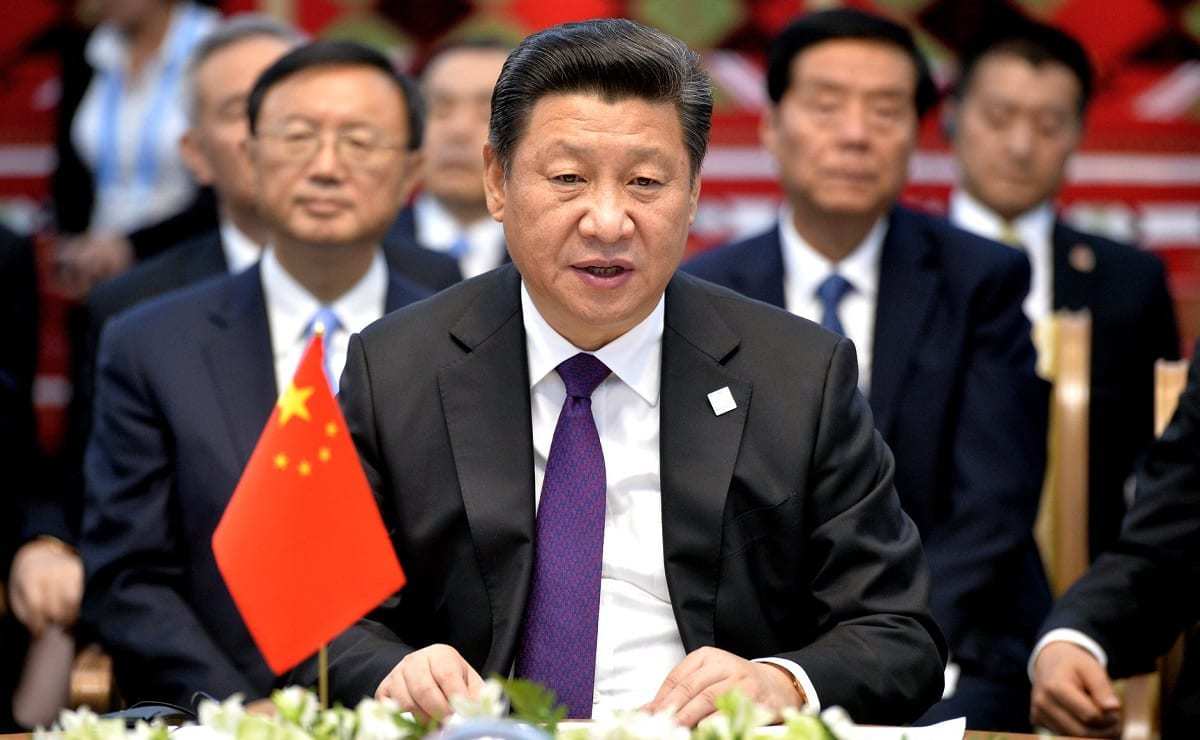China this week banned imports of some Australian lamb products due to the threat of — what else? — coronavirus. Despite allowing in meat from coronavirus hotspots like the United States and Brazil, China has deemed Australian lamb just too dangerous. The bans come hot on the heels of similar beef bans and wine tariffs. China also has kept dozens of ships carrying Australian coal moored offshore (though it hasn’t yet claimed that coal can transmit coronavirus). About the only Australian product reaching China unhindered is iron ore, and that’s probably because China has nowhere else to get the quantities it needs.
These days, Australia is quite simply “country non grata” in Beijing.
How did things get so bad? Hell hath no fury like a suitor scorned, and if Australia-China relations have turned bad, it’s only because they were so good for so long. Starting around the turn of the millennium, China mounted a massive influence campaign targeting all aspects of Australian society, with the goal of flipping Australia out of the American camp — or at least neutralizing it, on the New Zealand model. And it was succeeding: as late as 2018, the majority of Australians trusted China, according to the benchmark Lowy poll. In 2019, only half of Australians believed that Australia should maintain “strong relations with the United States, even if this might harm our relations with China.”
Australians’ trust in China has now plummeted to all-time lows, and no wonder: last month, China hit Australia with a 14 point ultimatum reminiscent of the lead-up to World War One. The Chinese embassy in Canberra accompanied it with the vague warning “if you make China the enemy, China will be the enemy.” Only one of China’s 14 demands was even about international affairs, properly speaking: China wants Australia to stop criticizing its actions regarding Xinjiang, Hong Kong, and Taiwan. The others are all about how Australia should run its own country, from the demand that Australia stop enforcing its strategic foreign investment laws to the demand that the government somehow prevent think tanks, media organizations, and Members of Parliament from criticizing China.
If Australia has raised its guard against China, it’s only in the nick of time, and it’s all down to one man: Charles Sturt University ethics professor Clive Hamilton, whose 2018 book Silent Invasion thoroughly documented China’s deep infiltration of Australian elite institutions, from the corporate world to universities to government itself. In the wake of Hamilton’s revelations, the Australian government is now in clean-up mode. This week it passed Australia’s Foreign Relations Act, which gives the federal foreign ministry the power to review and (if necessary) abrogate state, territory, and university agreements with foreign countries if it determines that they run counter to the national interest.
The state of Victoria’s 2019 agreement to join China’s Belt & Road Initiative (BRI) is first in the federal field of fire. Victoria is best known internationally for its capital city, Melbourne. It is widely agreed that the new legislation was prompted by the Victorian government’s outright defiance of the federal government’s guidance against the state’s signing a side deal with China. The latest lamb ban is China’s way of warning Australia not to interfere in its subnational diplomacy. Having lost the confidence of the Australian public, China is loath to lose the state of Victoria, its biggest remaining booster in the country.
China’s trade sanctions have to date largely avoided hitting Victorian exports. A courageous state premier would stand by his country in the face of international pressure. Victoria’s Dan Andrews has instead stood by China. He suggested that confronting China was the wrong course of action, “unless of course your only motivation [was] not jobs, not exports, not wealth, not prosperity, but politics.” He’s absolutely right that resisting Chinese aggression is all about politics. What he seems not to understand is that, as an elected politician, politics is his job.
Australia’s China problem is bound to get worse before it gest better, but it has only itself to blame. Not because Australia is in any way at fault in this dispute: it’s not. China’s bullying of Australia is so one-sided that it can hardly even be called a “dispute.” Australia’s mistake was letting China gain so much influence in the country in the first place. It’s a mistake other countries would be wise to learn from. If Australia must play the sacrificial lamb, hopefully, it will be to the benefit of other countries that still have the flexibility to wind down their China ties before it is too late.
Editor’s Note: This piece was updated on 12/13/2020 to fix a small typo.

